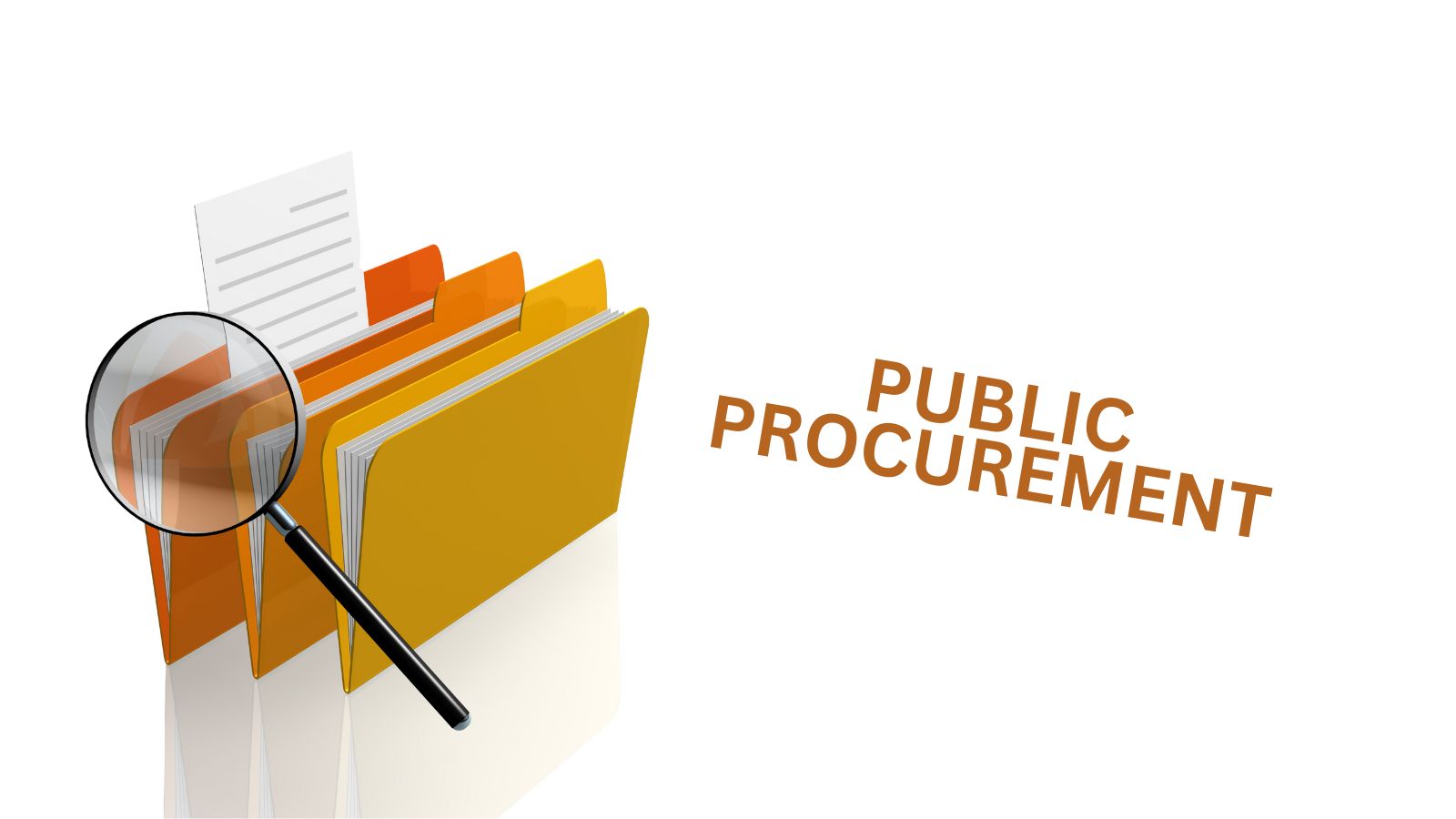

Over 60 participants from 8 different countries joined the webinar, ‘Deciphering the Brexit deal for business’ held yesterday, providing a more thorough analysis to understand the salient specifications that emerged from the EU-UK Cooperation Trade Agreement.
With a strong line-up of speakers forming the panel of speakers, attendees could better grasp the influences that such an agreement could have within the business world.
EU and international trade lawyer, Dr Jan Micallef, who also forms part of the Malta Chamber International Relations Council, started off by giving a brief introduction as to what this trade agreement truly entails. Dr Micallef noted that “Although the agreement is nowhere close to emulating the benefits of the UK being in the EU, it does go further than normal free trade agreements.”
Micallef continued by stating that the trade deal does provide arrangements in various areas such as transport, energy and fisheries. However, it does fall short in tackling areas such as foreign policy and cooperation on external security. “The agreement contains limited provisions on trade in services. Moreover, restrictions on freedom of movement of workers have been created while recognition of professional qualifications have become more complicated,” said Dr Micallef. He concluded by encouraging businesses to seek developments and opportunities amidst the uncertainties.
Shanella Rajanayagam, Trade Economist at HSBC Holdings plc, reiterated what Dr Micallef explained in terms of the opportunities and risks that the post-Brexit trade deal will introduce. Rajanayagam noted that although the trade agreement does not cover all required specifications, it does provide extensive clarity when compared to other FTAs.
“Amongst other key provisions, new customs formalities and traveller visa restrictions in both directions are introduced and covered. This said, mutual recognition of conformity assessments and professional qualifications is not provided,” continued Rajanayagam. She concluded by saying that businesses within countries which have high trade exposure to the UK need to exert additional care to ensure that the complications incurred in such a trade deal can be overcome.
Lastly, Alan Mamo, Director of Compliance and Systems at the Department of Customs provided insights on trading with the UK as of January 1st of 2021. “UK goods imported into the EU are eligible for zero tariffs if the goods meet the Rules of Origin requirements set out in the agreement and have the correct documentation. If not, the goods may be subject to EU tariffs. It is vital to note that this also applies for EU goods exported to the UK,” noted Mamo.
...
...
...
...

...

...

...

...

